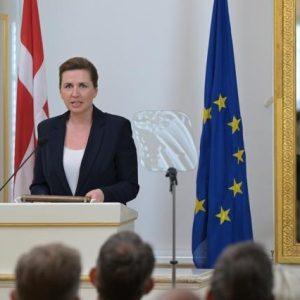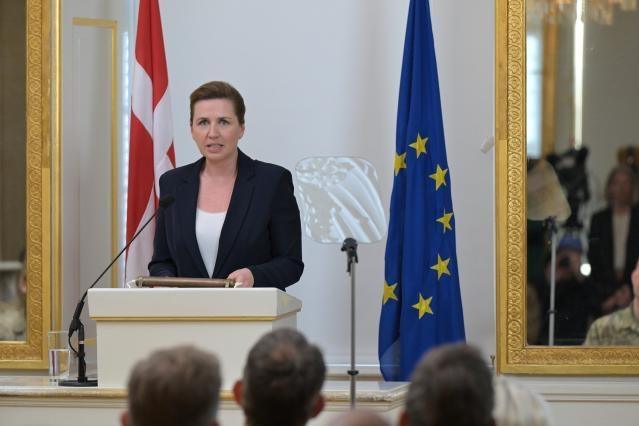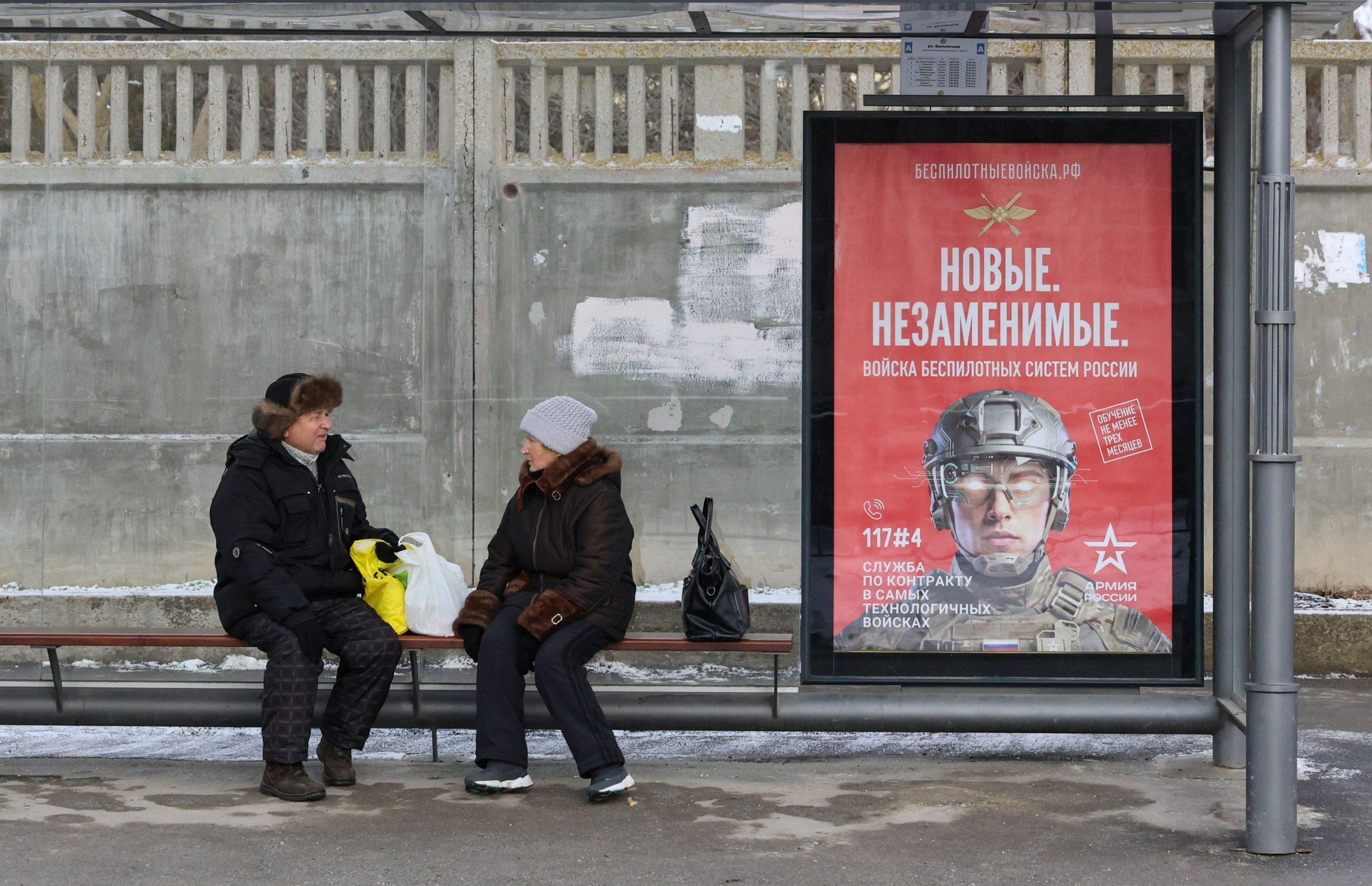Opposition parties are creating a backlash over the medically assisted reproduction bill, which among other things would raise the age limit for women wishing to have a child through AP to 54 from the current 50.
The bill will be introduced on Tuesday in the Plenary of the Parliament, and as Minister Thanasis Plevris told the Parliamentary Social Affairs Committee, there are still bioethical issues that need to be resolved.
Main points of the bill:
1) Increasing the age limit for women who can resort to medically assisted reproduction from 50 to 54 years of age, as well as granting a special permit for medically assisted reproduction to women aged 50 years and 1 day to 54 years.
2) The possibility of cryopreservation of reproductive material, zygotes and fertilized eggs also for social reasons, and the abolition of the upper limit of 20 years regarding its duration,
3) The right of the individual to deposit unfertilized reproductive material for cryopreservation without the consent of his or her spouse or the party with whom he or she has entered into a cohabitation agreement or partner, as well as for its free use in the event of divorce, annulment of marriage, separation, suspension or termination of the cohabitation agreement or termination of its free association,
4) The express provision that the disposal of reproductive material for the creation of Cryopreservation Banks regardless of the existence of recipients at the time of disposal is not a prohibited disposal.
5) The possibility of receiving and cryopreservation of donor reproductive material from a Cryopreservation Bank, regardless of the existence of recipients in the given time period,
6) The ability of the donor to decide for himself or herself about his or her anonymity,
7) The establishment of a Medically Assisted Reproduction Unit and a Cryopreservation Bank exclusively for the service of HIV-positive persons.
8) Ensuring respect for the personality of intersex persons and their right to physical self-determination, as well as the regulation of the conditions under which intervention in the gender characteristics of intersex minors will exceptionally be allowed.
“Favoring Private Centers”
According to the Minister of Health, this is a bill to “ensure women’s rights”, but for the Opposition, it came about through a unilateral consultation with the Medically Assisted Reproduction Units and the Cryopreservation Banks, not with scientific bodies, with organizations of the Society of Citizens and the Bioethics Committee, “making it absolutely obvious and clear that the accelerating force for this legislation is the private centers of medically assisted reproduction”, said the head of main opposition SYRIZA and former Minister of Health Andreas Xanthos.
Capitalist scheme – unfair to poor
Communist party KKE’s MP Giorgos Lambroulis, stated that the major issue of equal access is not only not ensured but is not even taken into account, since the field is dominated by private companies that look on the issue for extra profits, in the very expensive procedures as well as medicines that are required, for which the national health system provides free of charge only for the first four times.
For his part, PASOK MP, Giorgos Frangidis, focused on three provisions of the bill, for which he emphasized that there should be documentation from the experts, on the age limit, the mixed system in the anonymization or disclosure of donor information and the possibility of donating genetic material from relatives in a lateral line.
Meanwhile, MeRA25 MP Maria Apatzidis noted that the bill commercialized the issue of assisted reproduction, as by delegating procedures to private individuals great inequality is created, as many don’t have the money and won’t be able to take advantage of these new assisted reproduction capabilities. Ms. Arapatzidi spoke of the creation of a new market in unfertilized human ova.















![Φορολογικές δηλώσεις: Να πάρω «φορολογικό διαζύγιο» ή όχι; [Μέρος 2ο]](https://www.ot.gr/wp-content/uploads/2026/02/efor.jpg)




















